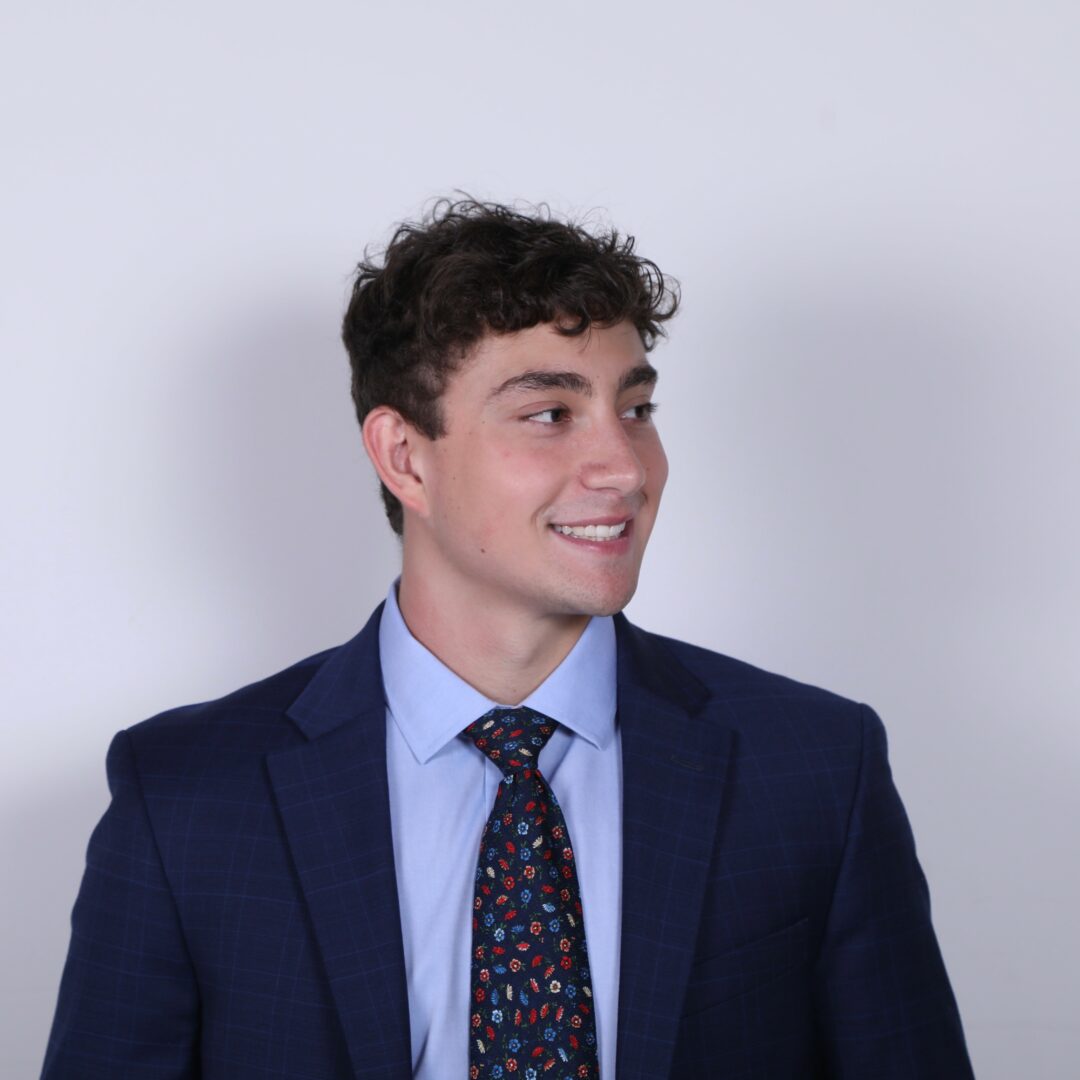We’re excited to introduce you to the always interesting and insightful Peter S. Baron. We hope you’ll enjoy our conversation with Peter S. below.
Hi Peter S., you’ve got such an interesting story, but before we jump into that, let’s first talk about a topic near and dear to us – generosity. We think success, happiness and wellbeing depends on authentic generosity and empathy and so we’d love to hear about how you become such a generous person – where do you think your generosity comes from?
I’ve learned that life flows best when I stop clinging to rigid plans or fixed outcomes, moving with others instead of forcing things to fit my expectations. I used to think I needed to define everything—what’s right, what’s wrong, what’s beautiful, what’s not—but that way of thinking only locked me into narrow categories. Real peace came when I began to see the relational dynamics at play between all things, understanding that good and bad aren’t fixed but fluid, shaped by how we engage with life, each other, and the world around us. Joy now comes from offering perspectives that invite harmony by helping us—individually and collectively—release the need for control. Peace isn’t found in rigid answers but in fostering more natural flows and deeper relationships through this shared letting go.
Like Bertrand Russell, three things have shaped me more than anything else: the longing for love, the drive to understand, and the unbearable weight of witnessing suffering. My generosity isn’t something I force—it’s something I’ve come to naturally through recognizing that we are all woven together. Nothing exists on its own. Life isn’t a straight line, and contentment doesn’t come from trying to hold everything together. It comes from accepting that things are always shifting—and finding a sense of contentment within that constant change.
I’ve come to see that life is about balancing who I am with how I act. There’s a rhythm between surviving as an individual and thriving as part of something bigger. The more aligned I am with who I really am, the more effortlessly I contribute to the people around me. And when those around me are also in sync with themselves, they uplift me in return. It’s a two-way current—stronger bonds between individuals make the whole community more alive, and a thriving community strengthens each person within it.
Fear—fear of uncertainty, of being seen without pretense, and of exposing ourselves to judgment—builds walls between us, creating the illusion that distance will protect us. It’s not just the fear of judgment itself but the knowledge that we judge others, expecting them to measure us by the same harsh standards we impose. So we cling to control, hoping to contain life’s chaos by reducing it into neat, comfortable categories—good, bad, right, wrong—as if labeling things can tame them. But life slips through those labels every time. Grass grows on everything, cracks widen, vines crawl where we least expect, and roses bloom through concrete. Life will not be contained.
The need for certainty is seductive—it offers the false promise that if we can just name and define everything, the world will make sense, feel safer, and stay predictable. But life, society, the psyche, and history—all these forces are unimaginably complex. They are tangled together in ways that defy simple explanations. Trying to flatten them into fixed concepts only shuts down that complexity, and what gets buried never stays buried. It resurfaces in other ways—covert, insidious, and more damaging. Reducing the world to abstractions doesn’t bring clarity; it only hides what’s truly at work beneath the surface.
The truth is, control is an illusion. Life isn’t a puzzle to be solved or a problem to be managed. It’s a force—wild, intricate, and unstoppable—that will always overflow our attempts to contain it. We don’t need to conquer it. We need to be overcome by it. Harmony comes not from controlling life or each other, but from surrendering to the complexity, from recognizing that freedom isn’t found in rigidity but in flow. It means embracing ambiguity, appreciating the richness of every moment, and letting go of the need to define everything.
Living in harmony isn’t about submission to rules or control; it’s submission to freedom—the kind of freedom that only comes when we stop resisting what is. It’s trusting that by letting life move through us without resistance, we create space for better relations to emerge—not through force, but through alignment with what already is. True connection, growth, and flourishing come when we learn to move with life’s rhythm, not against it.
Every day, I’m learning to find balance in this dance. Life shifts between effort and acceptance, solitude and connection, and I’ve realized that consciousness grows through these movements. By accepting my own vulnerability and leaning into the reality that none of us can do it alone, I’ve found a strength I never knew I had. When I express who I am freely, I not only grow—I create space for others to do the same. And when we all show up as our truest selves, we build something together that goes beyond survival. We thrive.
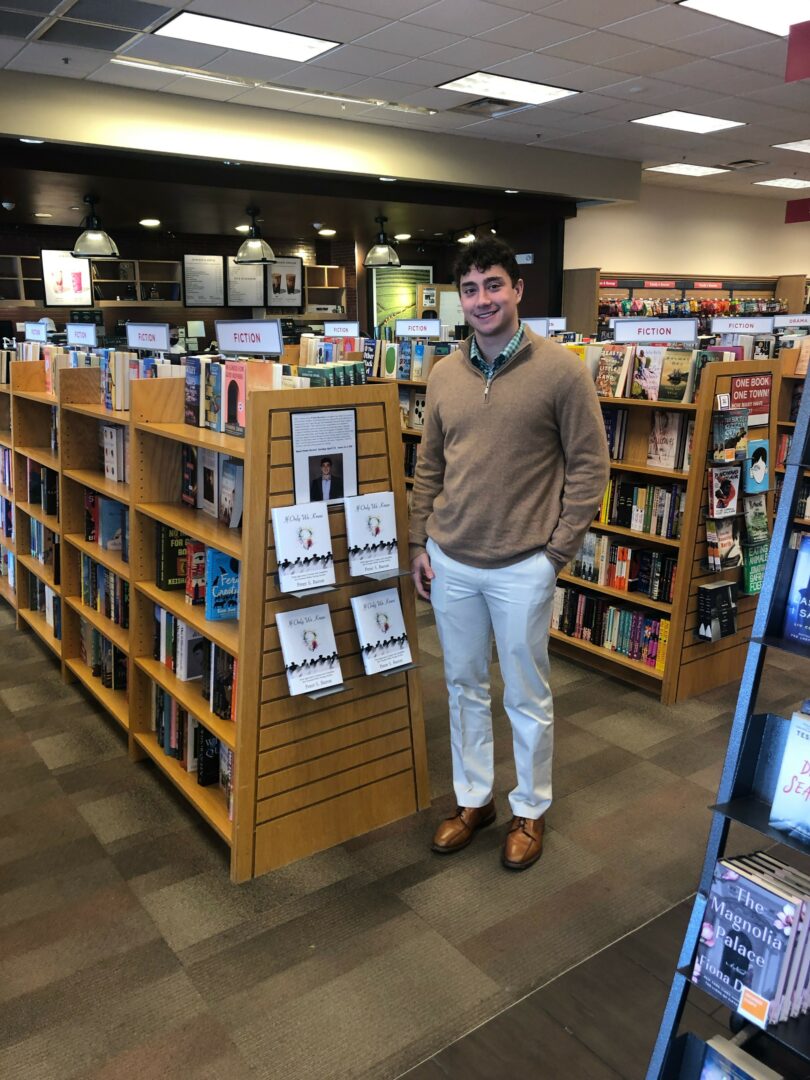
Let’s take a small detour – maybe you can share a bit about yourself before we dive back into some of the other questions we had for you?
I’m Peter S. Baron, but most people just call me Pete. I see myself as a connector, always exploring how different threads of life weave together and how each connects to the larger movement for a cooperative world. I find connections everywhere—between Taoism and mutual aid, Gaia and decentralization, Westside Gunn and the zeitgeist, or Kevin Garnett and lightning. Once you start seeing these links, they show up everywhere. When you seek universal and plural truths, you’ll find them in all aspects of life, no matter where you look.
I wrote a non-fiction book called “If Only We Knew: How Ignorance Creates and Amplifies the Greatest Risks Facing Society.” In it, I lay out exactly how the elite maintain their dominance over us—how they hide in plain sight, keeping us in the dark. But the wisdom we need to dismantle their control has always been with us. It’s embedded in the lived experiences of our communities, passed down through generations, and rooted in the power of our individual and collective selves. Together, we will rediscover this well of knowledge, see through the house of cards the elite have built, and realize their power is only sustained by our consent—consent we’re ready to withdraw. The future is ours to reclaim, and with clarity and solidarity, their grip will crumble. We are waking up, and hope is on our side.
I also write social commentary for the Hampton Institute, an online think tank, and keep a blog where I share philosophical reflections. My work has been featured in podcasts and articles. I am currently pursuing a joint JD/MA in philosophy at Georgetown University.
You can find all of my work and expression on my personal website: petersbaron.com.
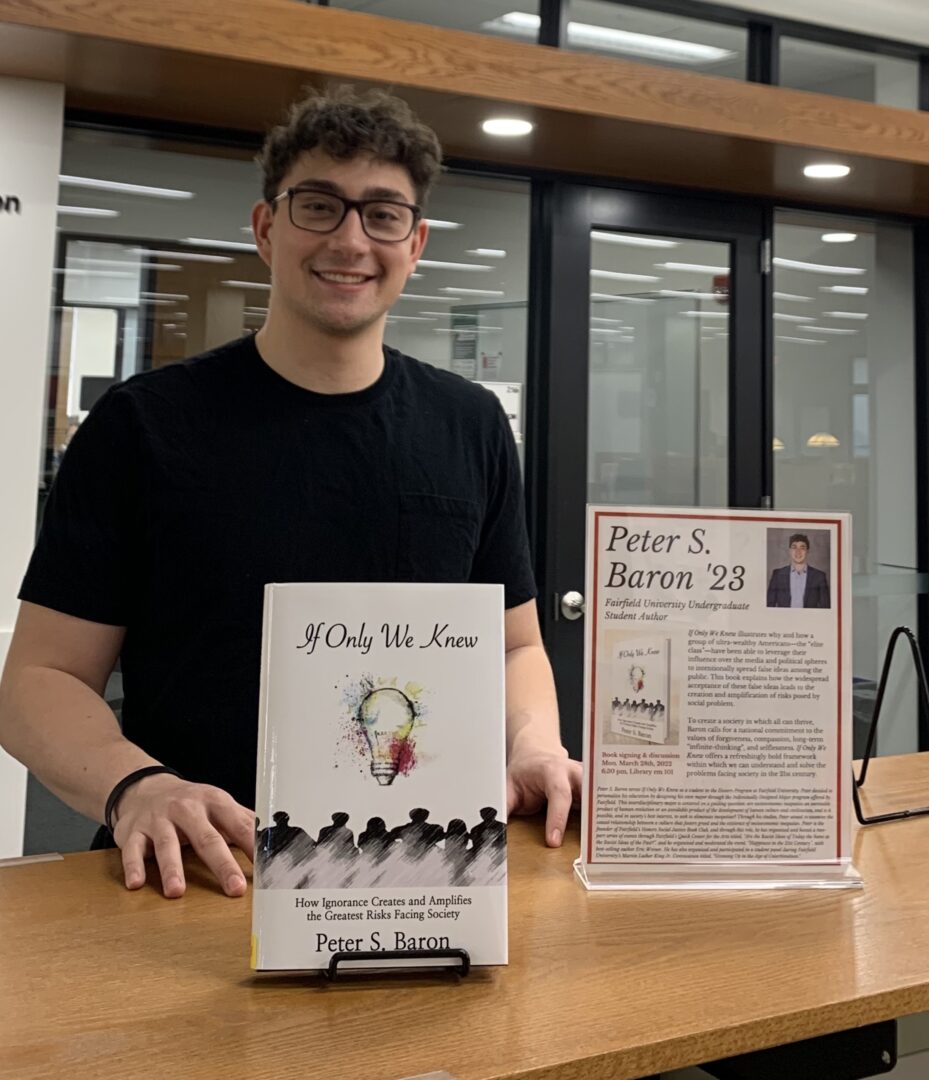
Looking back, what do you think were the three qualities, skills, or areas of knowledge that were most impactful in your journey? What advice do you have for folks who are early in their journey in terms of how they can best develop or improve on these?
My intellectual curiosity, my commitment to improve my relational skills, and my love of expression.
My intellectual curiosity pushes me into the depths of interdisciplinary questions, compelling me to explore the intricate forces shaping our world. I’ve grappled with the inevitability of socioeconomic inequities—how systems of privilege and deprivation are not accidental but embedded in the structures we inhabit. I ask what freedom truly means, realizing that it doesn’t lie in isolation or individual autonomy, but in the delicate responsibility of sustaining relationships that are mutually enriching. I’ve also confronted more existential questions—whether life is inherently desirable, or if its worth must be constantly re-earned through how we engage with the world and one another. These inquiries aren’t idle musings; they have shaped how I navigate life, pulling me toward thinkers from across disciplines and generations, each offering a fragment of insight. Through these explorations, I’ve cultivated the ability to map the underlying patterns that connect seemingly disparate aspects of existence, finding threads of meaning running through economics, philosophy, art, and everyday experience.
My commitment to relational growth has led me toward a consistent meditation practice—twenty minutes, twice a day. Sitting in stillness, I observe the ebb and flow between mind and body, becoming more sensitive to their dialogue. It’s in this space of quiet observation that I’ve come to understand how the ego works—how it constantly tries to bend the world to its will, projecting desires and fears onto the present moment. Meditation sharpens my ability to catch these moments as they arise, allowing me to let go of the need to control what is. This awareness doesn’t stop at the edges of my own experience; it extends into my interactions with others, teaching me that love isn’t some grand gesture but the quiet, steady act of paying attention. To truly see another person—to witness them without trying to mold or change them—is one of the most powerful expressions of love I’ve found.
My love for expression itself runs deep, and it allows me to find profound joy in witnessing the achievements and brilliance of others. I see art not just in galleries but everywhere—in the fluid grace of an athlete’s movement, in the way a song resonates in the soul, in the delicate precision of a painter’s hand, and in the quiet rhythms of nature. The rising and falling of the tide, the changing seasons, the interplay of light and shadow across a landscape—all of it speaks to the interconnectedness of life. Every moment holds a form of art if we’re willing to notice it. These experiences offer me countless perspectives through which I explore the infinite ways life expresses itself. Each achievement, each creative act, is a window into the shared brilliance we all participate in, reminding me that our greatness is not ours alone—it is something we cultivate and reflect back to one another through our connections.
The advice I offer to others is to study relationships, envision something greater than the present, and cultivate peace in the now. Embrace the inevitability of this moment, while recognizing the boundless potential that lies ahead.
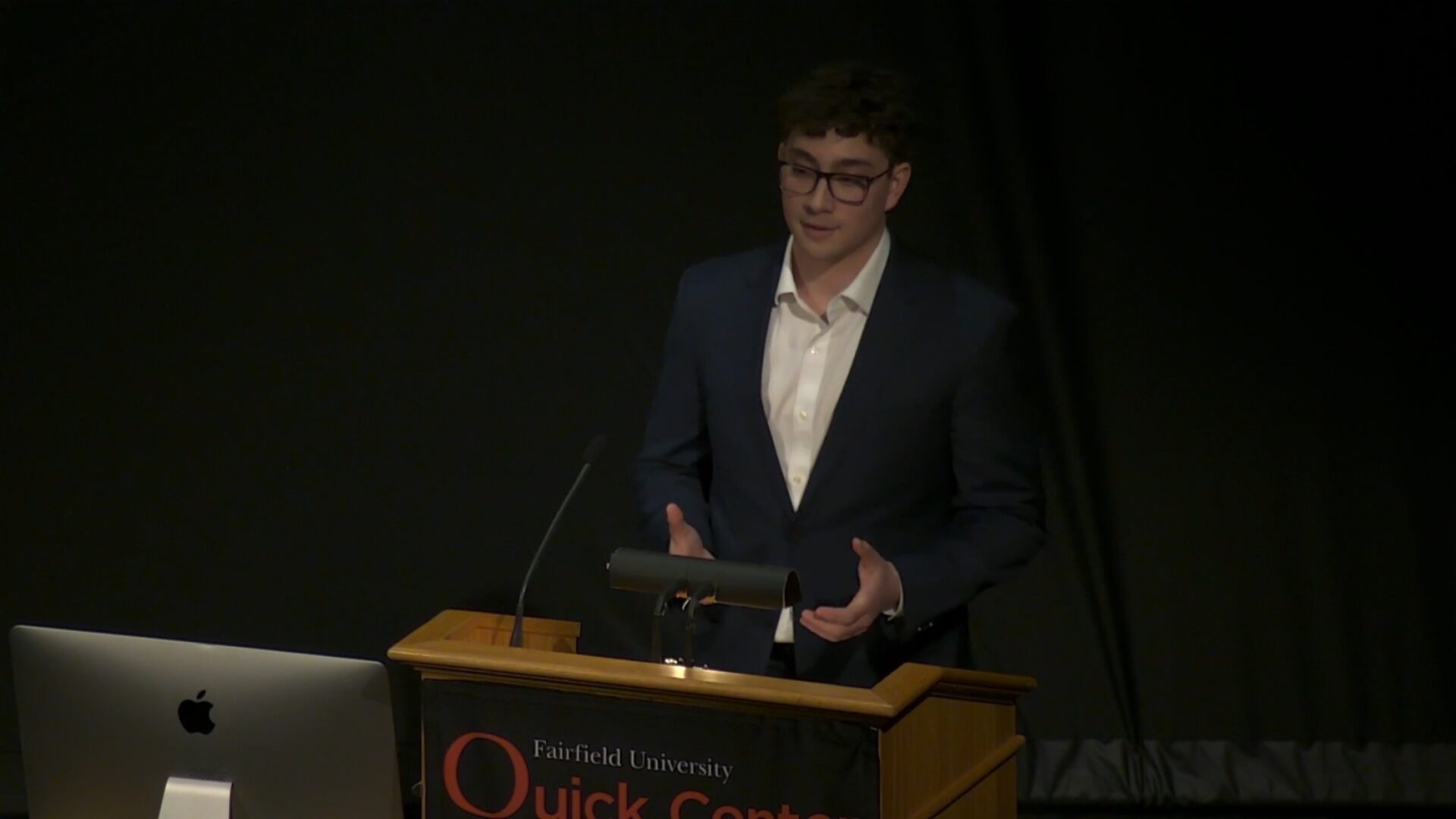
Awesome, really appreciate you opening up with us today and before we close maybe you can share a book recommendation with us. Has there been a book that’s been impactful in your growth and development?
One of the most influential books in my development has been “Island” by Aldous Huxley. The novel offers a vision of an ideal society where mindfulness, mutual aid, and intentional living create a harmonious existence, blending individual flourishing with collective well-being. One of the most impactful lessons from the book is the importance of attention—the idea that being fully present in the moment is not only a path to personal peace but also a form of generosity towards others. This idea has transformed the way I approach relationships and daily life, teaching me that true connection begins with attentiveness. More importantly, it opened my eyes to how social relations could be reimagined. “Island” gave me a vision for a society built not on competition but on cooperation through good being—where individuals align personal growth with collective well-being. It taught me that true connection begins with presence, and that being fully attentive to others is both a personal practice and a social responsibility. This idea now shapes how I engage with people and envision communities—where freedom is not about separation but about flourishing together, with each person’s well-being intertwined with the whole. This is the idea of freedom through responsibility. In Pala, the fictional island that serves as the setting of the novel, freedom isn’t an abstract right but something found within the responsibility to uphold mutually beneficial relationships with others and nature. This shifted my understanding of freedom away from individualistic pursuits toward a more collective sense of care and interdependence. Lastly, the novel’s depiction of a society rooted in lifelong education and constant inquiry has reinforced my commitment to intellectual curiosity and growth. Island showed me that true wisdom comes not from finding definitive answers, but from constantly engaging with the questions that shape our world. These principles have profoundly influenced my development, from my meditation practice to how I view my place in society.
The Tao Te Ching by Laozi has also been monumental for me. The text offers profound insights into the nature of life, emphasizing harmony with the flow of existence rather than resistance to it. One of the most impactful lessons from the book is the concept of wu wei, often translated as “non-action” or “effortless action.” It taught me that true effectiveness comes not from force or control, but from aligning with the natural rhythms of life, responding to situations with grace rather than imposing rigid expectations.
The Tao Te Ching also emphasizes the interconnectedness of opposites, teaching that life’s apparent contradictions—strength and softness, gain and loss, light and dark—are not in conflict but part of a dynamic balance. This perspective has helped me embrace uncertainty and complexity, reminding me that peace lies in acceptance rather than struggle. Another nugget of wisdom from the text is the idea of humility and simplicity, valuing the quiet power of modesty and contentment over ambition and accumulation. This lesson has been instrumental in shaping how I measure success, encouraging me to focus on inner alignment rather than external validation. The Tao Te Ching continues to influence my journey, guiding me toward greater clarity, calm, and presence in a world often characterized by chaos and overexertion.
Contact Info:
- Website: https://petersbaron.com
- Instagram: @peter.s.baron
- Linkedin: https://www.linkedin.com/in/peter-s-baron-b416101aa/
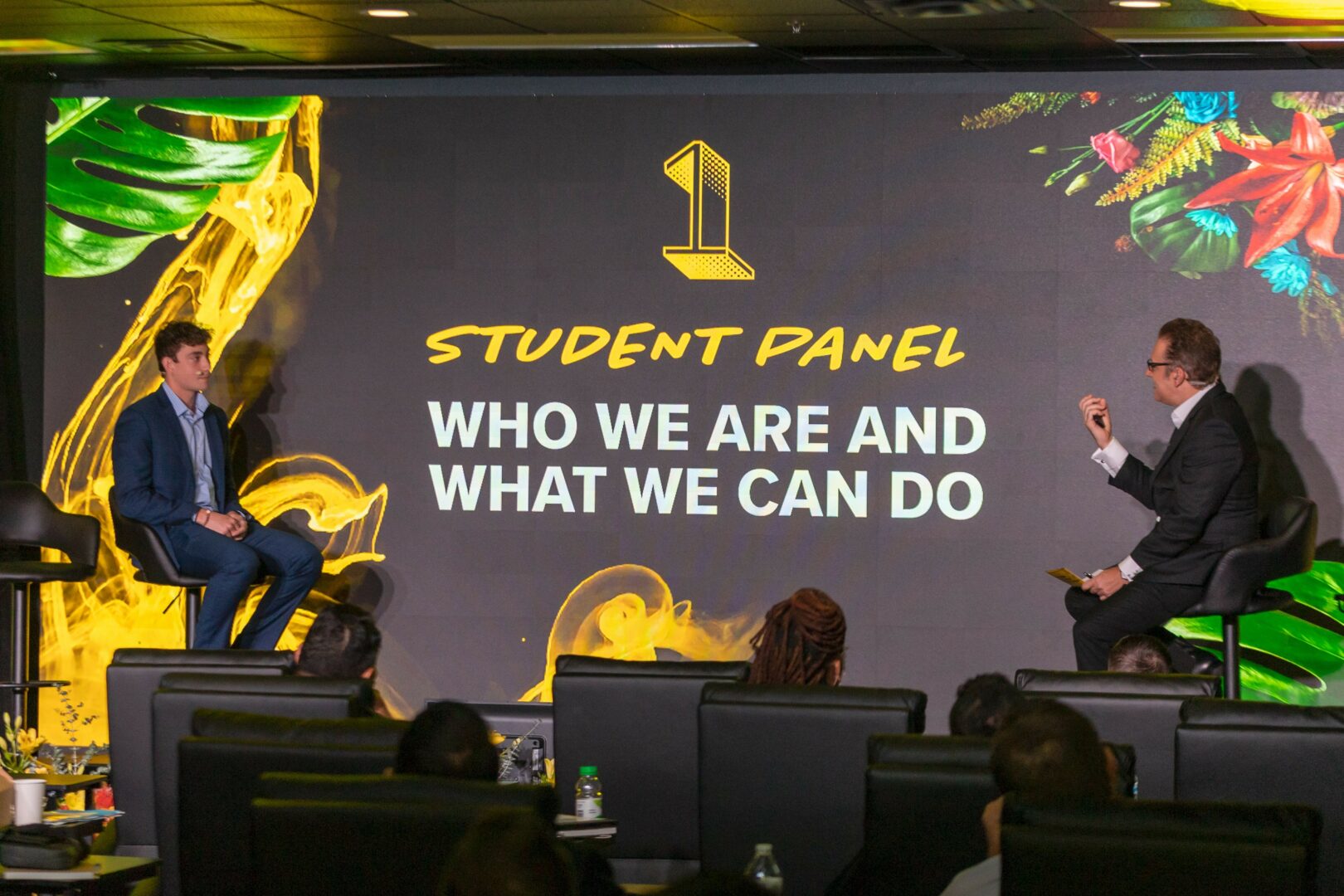
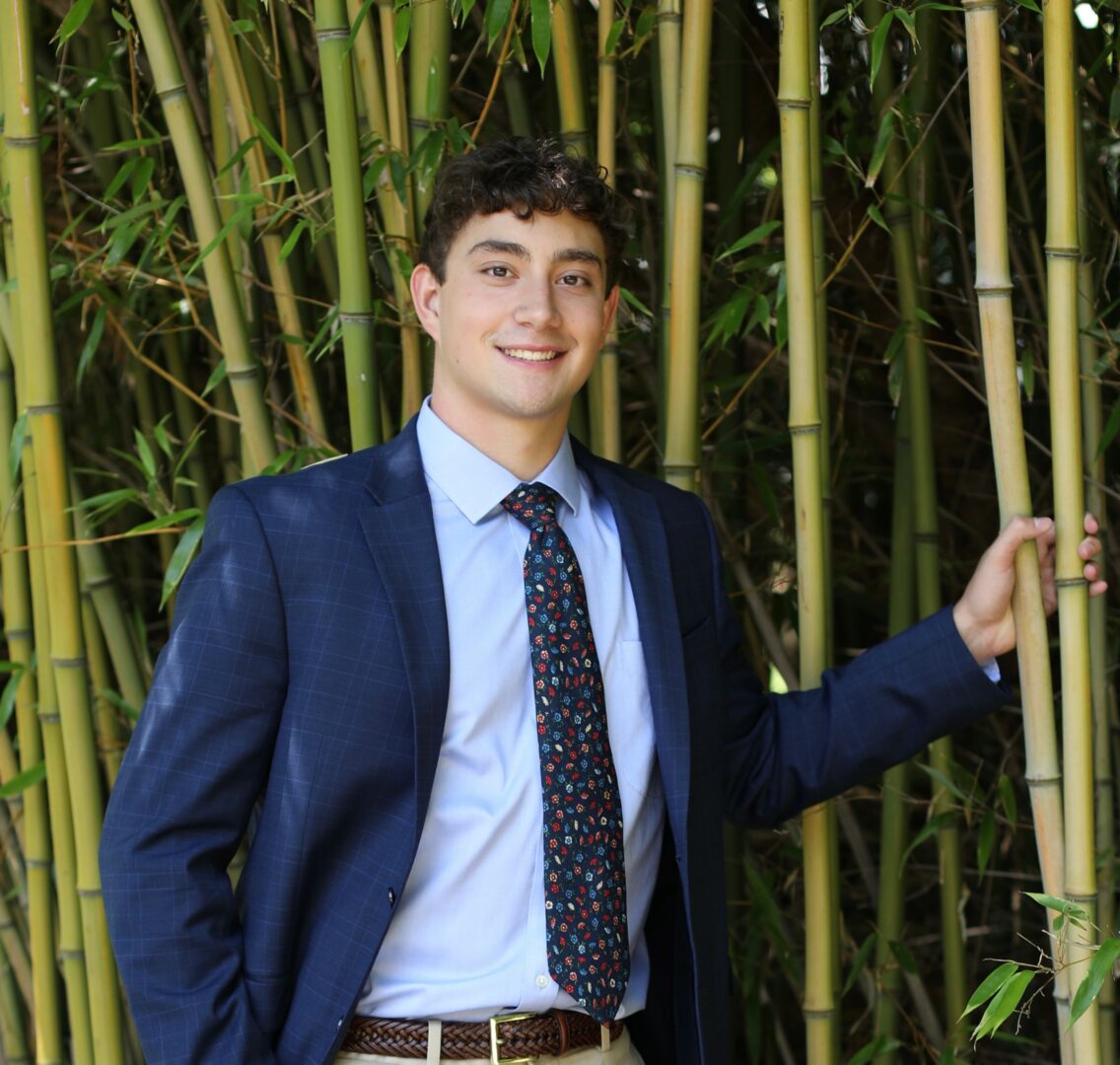
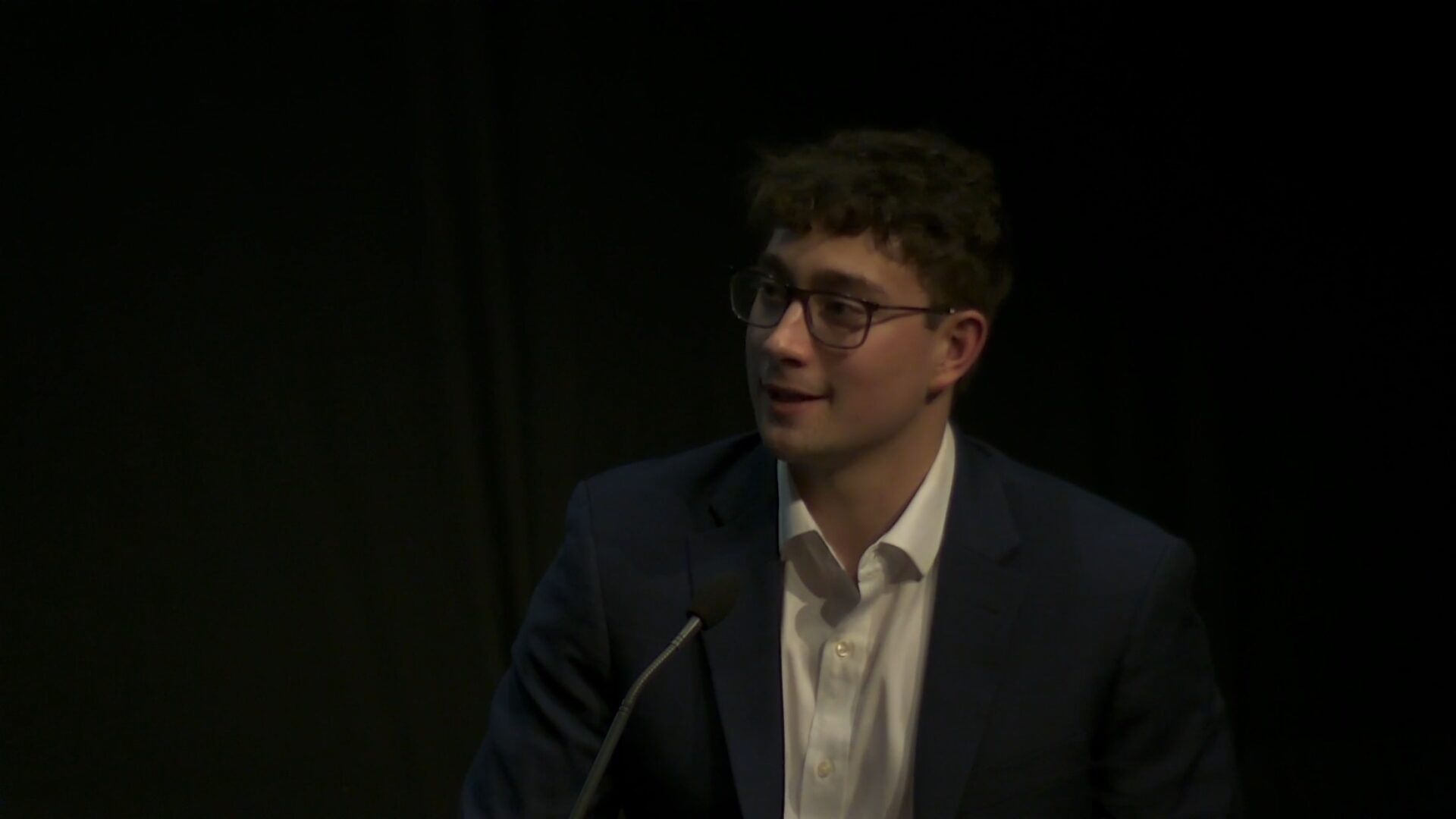
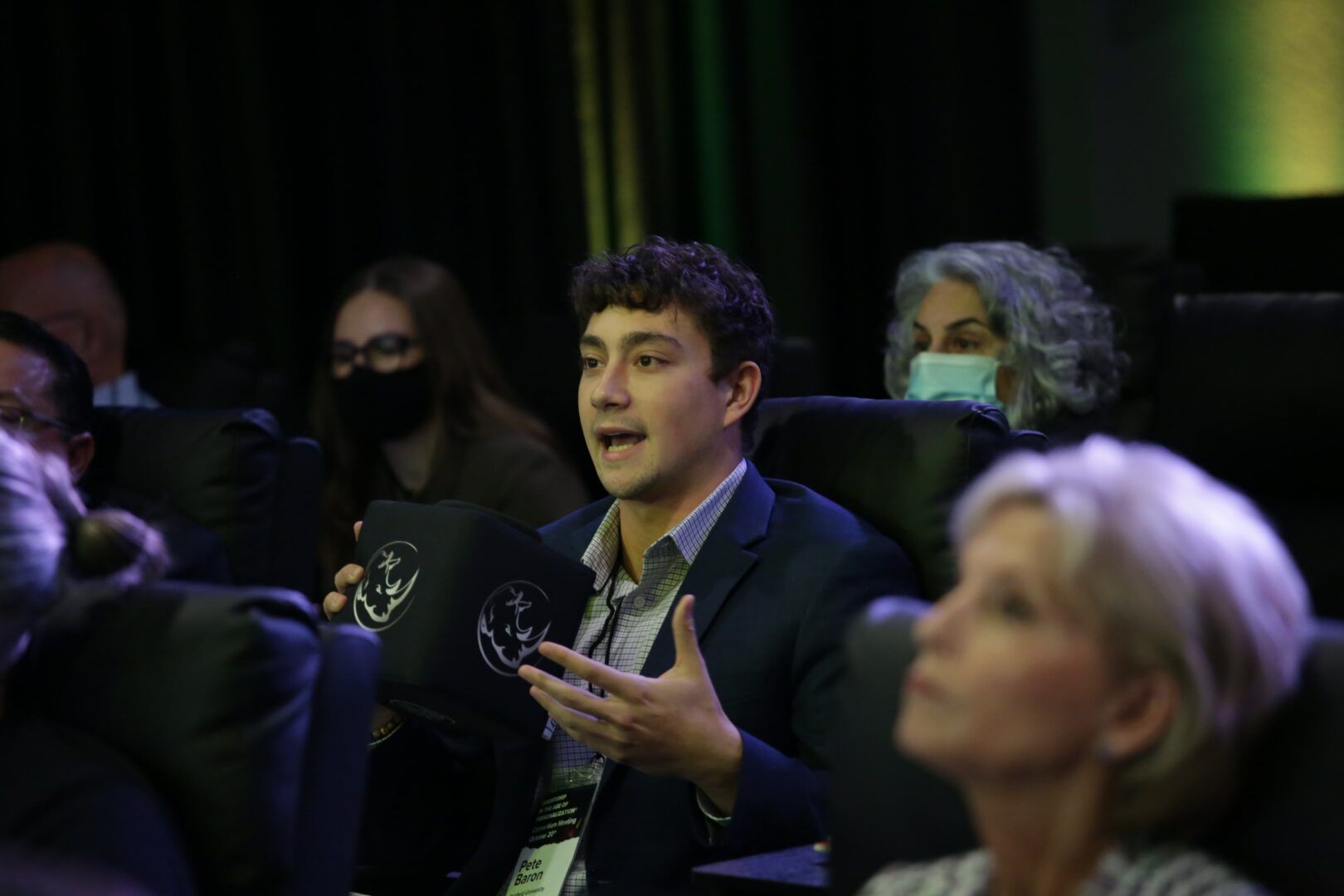
so if you or someone you know deserves recognition please let us know here.

